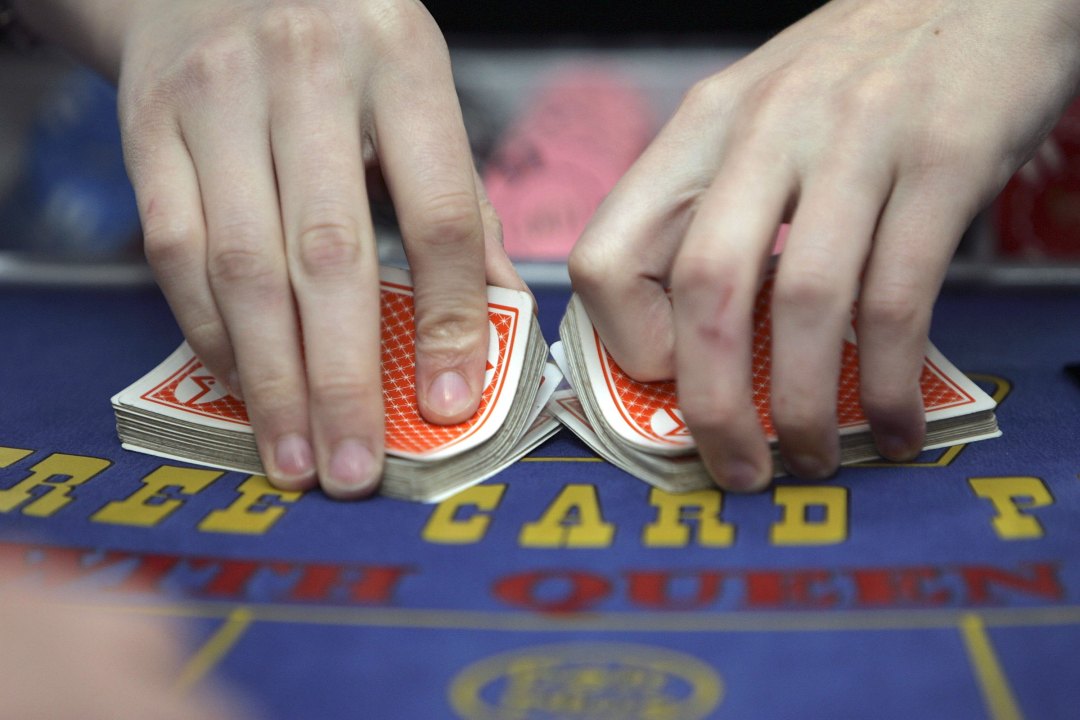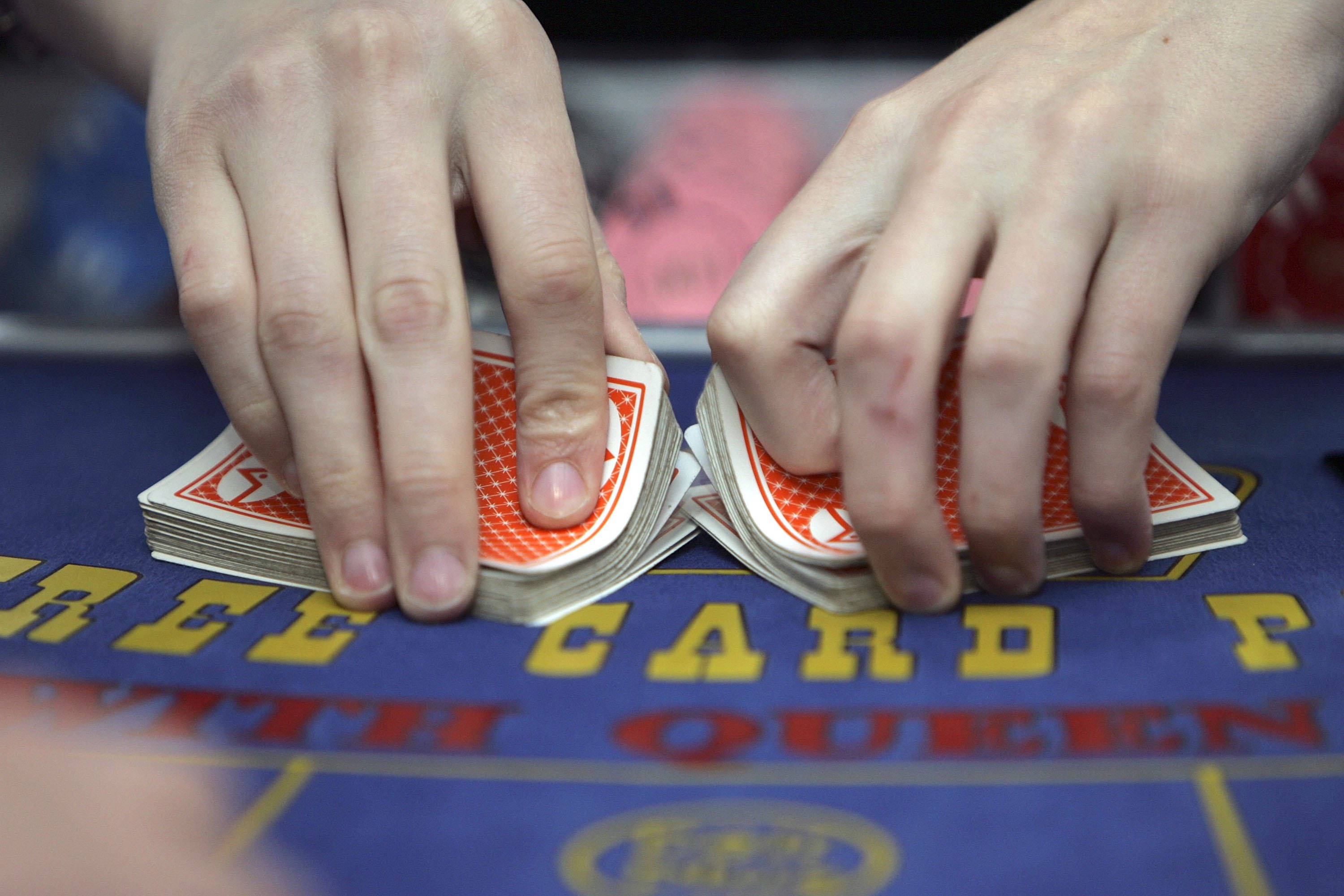It’s always puzzled me why there’s still such a taboo around gambling in the UK. If you count people who play the national lottery, more than 50 per cent of us have had a flutter over the past four weeks. And if you like to think of playing the lottery as making a charity donation rather than gambling (are you sure about that?), there’s still almost one in three of us who have gambled in the last month.
Like most things, gambling needs to be done in moderation. Lose control and it can have disastrous life-changing effects. But the majority of people who enjoy a flutter manage to do so without becoming homeless or owing money to a shady guy who says he’ll break their legs if they don’t repay the cash.
But the bad reputation of gambling – and the shame that many people feel for doing it – means that gambling companies get away with all sorts of shenanigans which wouldn’t be tolerated in any other sector.
When you sign up to a new gambling site, there will always be the offer of some kind of free money, or free bet. But it’s often next to impossible to get your hands on this money – with endless unreasonable conditions buried away in the small print.
In any other industry, complaints would be made, politicians would be angry, regulators would be investigating. But in the world of gambling, the consumer tends to crawl back into their hole, feeling like they were stupid for trusting the company in the first place.
And the companies continue to get away with tricking customers out of their money.
I love gambling, so I’ve more than a little experience of these sites and their tricks. I’ve fallen victim to them on plenty of occasions.
I don’t have any problem losing my money on a bet, fair and square. But I do have a problem with being duped into signing up for an offer which is practically impossible to cash in on. Or being enticed to play some stupid slots game which even the savviest gambler would struggle to comprehend.
Worse still, once gambling sites have your personal details, you end up being spammed endlessly with other similar offers. I’m still regretting signing up for Hippodrome Casino – which has been endlessly texting me, even after I’ve told them I don’t want them to contact me anymore.
Banks are part of this racket too. If you use your credit card to put money in your gambling account, it will be treated as a cash withdrawal. That means a higher interest rate charged with immediate effect. There are often fees as well. But no bank makes this clear to their customers. Everyone learns the hard way.
The bottom line is that consumer rights laws and data protection rules apply to gambling companies too. And it’s about time they started to abide by them.
The good news is that, last month, the Competition & Markets Authority (CMA) announced an investigation into these sites – looking to get to the bottom of these very issues. The CMA doesn’t have a great track record of taking decisive action but I’m keeping my fingers crossed that it gets it right this time. As Nisha Arora, the CMA’s senior director for consumer enforcement, puts it: ‘Gambling inevitably involves taking a risk, but it shouldn’t be a con.’
I couldn’t agree more.
James Daley is Managing Director of Fairer Finance. Previous roles include Head of Money Content at Which? and Personal Finance Editor at The Independent.







Comments